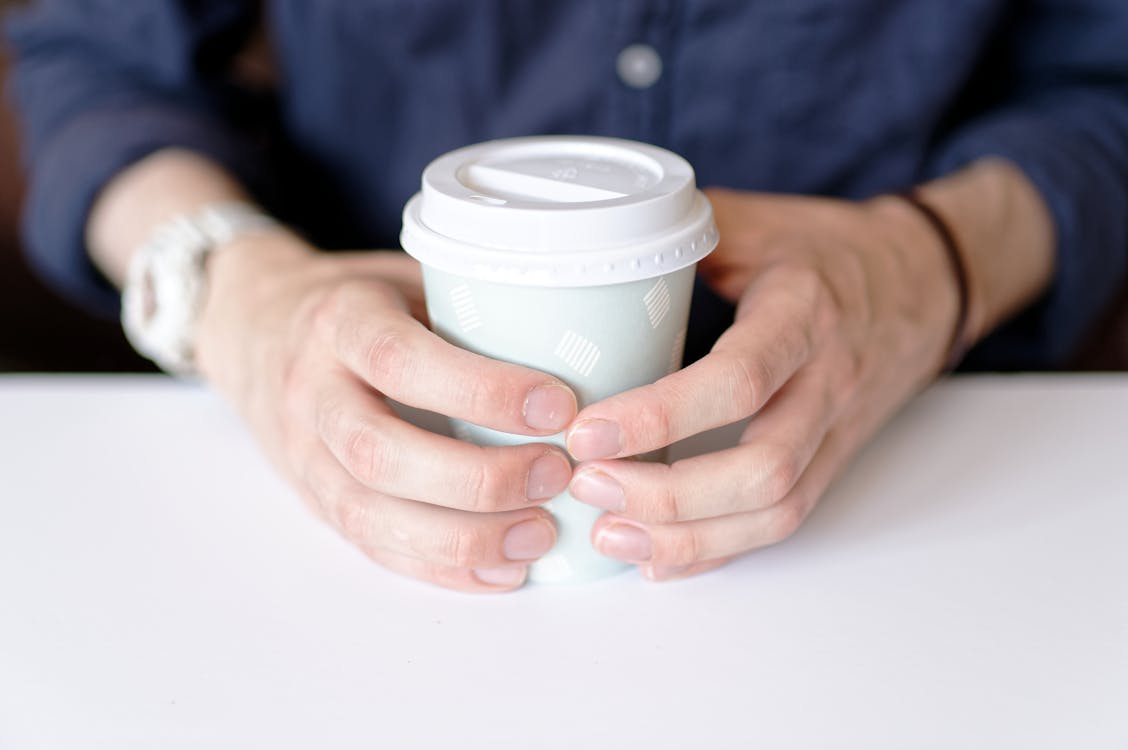
Paper Cups
wasteHalf a trillion disposable cups are manufactured annually around the world. That’s over 70 disposable cups for every person on the planet.
Paper cups are technically recyclable. However, the recycling process of paper cups is complicated, and recycling communities that accept paper cups are very rare. Majority of paper cups are made out of virgin materials - not recycled paper and lined with a thin coating of polyethylene plastic. This layer is hard to be separated even though there is as little as 5% of plastic material per cup. A thin layer of coating ensures that the cup will hold the liquid content without leaking. It's also why the paper can't be broken into pulp and turned into recycled paper. The breakdown of this lining results in tiny microplastics that are already proven to be ingested by animals and us people. Besides, paper cups are contaminated with the liquid contents which will increase the difficulty of recycling. That's why the paper cup belongs to waste bin.
Even though the paper cup is hard to be recycled, it's accessories can be recycled. You can remove the paper sleeve and put it in a bin for paper. Also, you can put the lid into plastics - just give it a quick rinse. The straw or stirrer belongs to waste.
Some new technologies and materials allow to produce paper cups made of compostable materials, but they are still limited at best. In this case, the plastic lining may be made of polylactic acid (derived from corn starch instead of petroleum), but this kind of bio-based plastic still requires very high temperatures to break down in compost. That's why your home compost system may not get hot enough to break this kind of plastic.
And even "compostable" sounds better, it can make things worse. Since they are designed to break down if they end up in plastic recycling they can contaminate it. If compostable cups end up in the landfill, unlike plastics, they will break down. But this misses the opportunity to harness the energy produced through composting for another use - as fertilizer or even to generate electricity.
The best solution is to avoid using paper cups if possible and bring in your reusable mug. Many fast food restaurants will sell you a large reusable plastic cup that you can refill on a future visit. In some cases, you’ll even receive a discount for reusing a cup. A lot of the biggest names in takeaway beverages have signed up to a scheme to collect and recycle more of the current type of cups.
Help us & Donate Recycle Academy
Pizza boxes are among the most common offenders when it comes to contamination, waste managers say. Lorem ipsum dolor sit ame
 Donate
Donate







